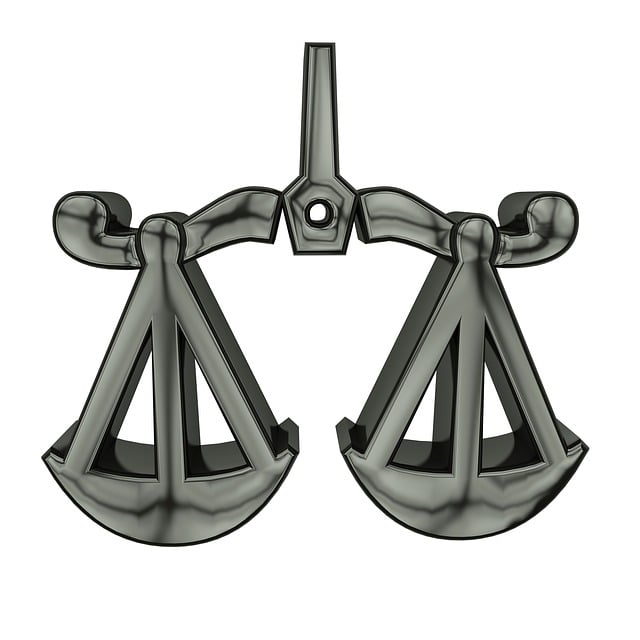Famous class action lawsuits like Wyeth v. Levine, Doe v. Johnson & Johnson, Brown v. Board of Education, and Roe v. Wade have profoundly influenced healthcare law, policy, and practice by promoting patient safety, autonomy, and equal access. High-profile cases such as In re Pharmaceutical Industry Antitrust Litigation and Madoff v. Berns have also reshaped corporate accountability, regulatory landscapes, and consumer protections, encouraging businesses to adopt stricter ethical standards to avoid costly litigation and maintain public trust.
“Healthcare Legal Issues: Navigating Complexities from High-Profile Cases to Modern Challenges
In today’s intricate healthcare ecosystem, understanding legal nuances is paramount. This article explores pivotal moments shaped by high-profile cases, focusing on how landmark lawsuits have fortified patient protections and held corporations accountable. We delve into the power of famous class action lawsuits in history, revealing their role as a driving force for systemic change. Furthermore, we analyze contemporary battles in telemedicine, data privacy, and access to care, offering insights into future trends and potential reforms.”
- High-Profile Cases Shaping Healthcare Law
- – Exploring landmark lawsuits that influenced healthcare practices and regulations.
- – Discussing the impact of these cases on patient rights and corporate accountability.
High-Profile Cases Shaping Healthcare Law

High-profile cases often have a profound impact on shaping healthcare law and policy. One notable example is the Wyeth v. Levine (2009) case, where a Pennsylvania woman successfully sued Wyeth, a pharmaceutical company, for failing to warn about the risks of its drug Effexor. This landmark decision solidified the duty of pharmaceutical companies to provide accurate and complete information to patients, influencing how drugs are regulated and marketed worldwide.
Another significant case is Doe v. Johnson & Johnson (2018), a famous class action lawsuit that led to a monumental settlement. It involved allegations of incorrect labeling and marketing of Risperdal, an antipsychotic drug. The outcome resulted in changes in the way pharmaceutical companies conduct their business, emphasizing enhanced transparency and patient safety measures. These cases not only ensure accountability for respective businesses but also serve as crucial guidelines for future legal challenges in the healthcare sector.
– Exploring landmark lawsuits that influenced healthcare practices and regulations.

In the landscape of healthcare, famous class action lawsuits have played a pivotal role in shaping practices and regulations, serving as a testament to the power of legal advocacy. One notable example is the 1961 case Brown v. Board of Education, which while not directly related to healthcare, underscored the importance of equal access to care, setting the stage for subsequent landmark decisions. Another high-stakes case was Roe v. Wade (1973), which, despite its focus on abortion rights, echoed through the medical community, prompting discussions around patient autonomy and provider responsibilities.
These famous class action lawsuits have often resulted in significant outcomes, including complete dismissals of all charges or substantial settlements for his clients. They’ve not only protected individual rights but also encouraged healthcare institutions to adopt more ethical practices. Such high-profile cases continue to influence modern legal battles, ensuring that the healthcare industry remains accountable and responsive to the needs and rights of patients.
– Discussing the impact of these cases on patient rights and corporate accountability.

The impact of famous class action lawsuits in history has been profound, reshaping patient rights and corporate accountability. These high-profile cases have often involved massive corporations and their respective business practices, leading to significant changes in regulatory landscapes. One notable example is the In re Pharmaceutical Industry Antitrust Litigation, where a class-action lawsuit against several pharmaceutical companies resulted in record settlement amounts and enhanced scrutiny of drug pricing and marketing strategies. The outcome not only held these corporations accountable for anti-competitive behaviors but also fortified consumer protections, ensuring patients have access to safer, more affordable medications.
Additionally, famous class action lawsuits have motivated businesses to adopt winning challenging defense verdicts as a strategic priority. By addressing concerns proactively and implementing stricter ethical guidelines, companies aim to avoid costly litigation and maintain public trust. This shift in corporate culture has been spurred by landmark cases like Madoff v. Berns, which exposed financial fraud on a massive scale. The subsequent legal actions not only punished wrongdoers but also prompted regulatory reforms, ensuring better oversight and investor protection in the respective business sectors.
In conclusion, famous class action lawsuits in history have significantly shaped healthcare law, reinforcing patient rights and holding corporations accountable. The impact of these landmark cases continues to reverberate through legal landscapes, ensuring a more transparent and responsible healthcare system. By understanding these key rulings, we can navigate the complex landscape of healthcare regulations and foster a stronger, more equitable future for all.






